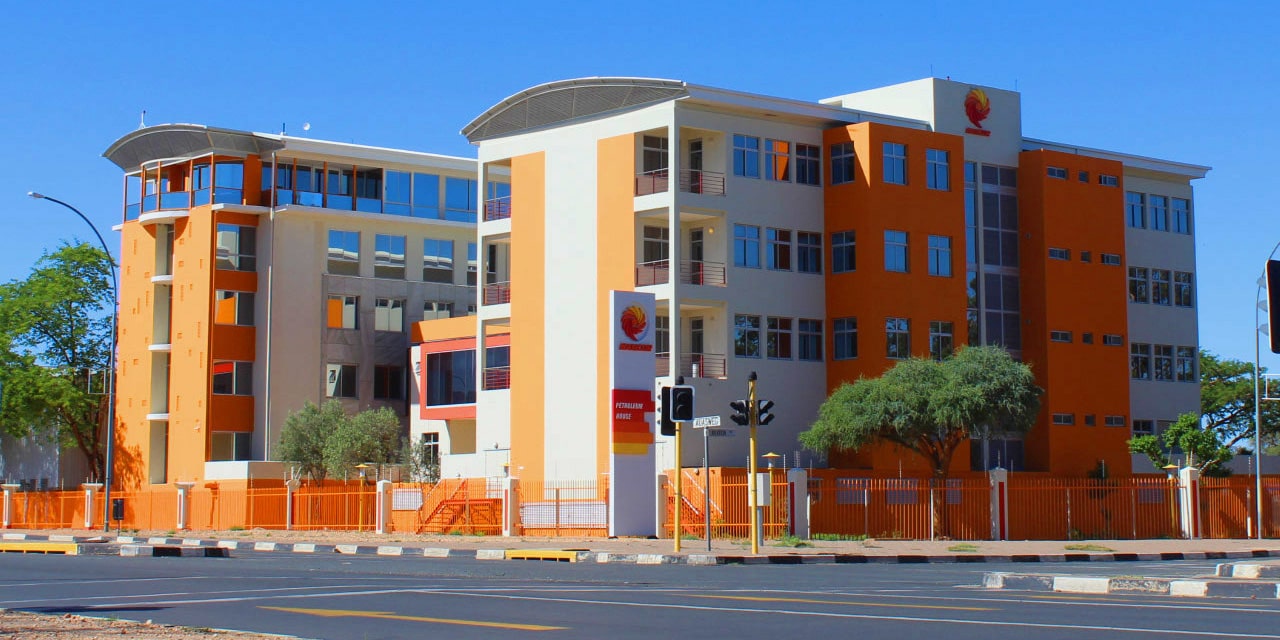Niël Terblanché
The ghost of the so-called smart city deal between the City of Windhoek and Huawei Communications has come back to haunt the parties involved with serious allegations of fraud, attempted fraud and corruption involving millions of dollars at the highest levels.
The leaked document, marked “Extremely Confidential” and dated 27 January 2021 deals with what appears to be a concerted effort by numerous parties to defraud not only the residents of Windhoek but the City of Windhoek itself.
The report raises the concern of possible high-level fraud and corruption.
The saga started in 2020 when Paratus Telecom protested against the Communications Regulatory Authority of Namibia’s (CRAN) decision to issue the City of Windhoek with a Comprehensive Telecommunications Service Licence.
At the time the privately owned communication company described the decision as highly irregular especially when CRAN amended the class of licence it awarded to the CoW.
Paratus stated that such an amendment would normally be done with public and stakeholder consultation and engagement. The company argued that the processes were never followed which was however not followed by the industry regulator.
At the time Paratus stated that the Local Authorities Act is the enabling act of the CoW and does not contain any specific provision which mandates the city in terms of implementing, owning or managing any type of telecommunications services, therefore the awarding of such a license to it is illegal.
The ensuing court battle between Paratus and CRAN resulted in a Judge of the High Court of Namibia finding that the regulator did not allow the communications company the proper opportunity to be heard before awarding the Comprehensive Telecommunications Service License and the consequent order to cancel the CoW’s license recently.
In June of 2020, a few months after the first shots were fired in the three-way wrangle, Brunhilde Cornelius, a former Windhoek City Councillor, stated in a sworn affidavit, that she was offered a bribe by a local politician to ensure Chinese tech giant Huawei would win an exclusive contract to build the 5G telecommunication network in Windhoek.
Cornelius filed the sworn affidavit with the Namibian Police on 19 June 2020. In it, she stated that she was offered a bribe by Nicanor Ndjoze. She stated that Ndjoze was working on behalf of Reckliff Kandjiriomuini, who at the time was the head of the Information and Communication Technology division of the CoW.
Ndjoze was not in the employ of the CoW.
Cornelius stated that she opposed the signing of a Memorandum of Understanding (MoU) between the Windhoek city council and Huawei She claimed that she was offered between N$5 and N$6 million from a slush fund of N$40 million to drop her objections and allow the city council to approve the signing of the MoU.
Kandjiriomuini, at the time, denied the allegations made by the former city councillor in her affidavit.
According to the leaked document, the CoW’s Chief Executive Officer requested that the Internal Audit Division must conduct an independent investigation allegation of bribery against the Strategic Executive: Information and Communication Technology after a Management Committee meeting held on 21 July 2020 and that the Head: City Police must assist with the investigation.
The CEO, amongst others, also requested that Huawei’s 5G MoU must be suspended indefinitely.
The leaked internal audit document addressed to the Acting CEO of CoW at the time, found in its conclusion that, amongst others, the planning of the Fibre Optic Network Project was highly challenged with non-compliance to the Public Procurement Act of 2015 and its regulations, the Public Private Partnership Act of 2017 and its regulations, the council approved guidelines and resolutions as well as incorrect and misleading reporting to the Management Committee and Council which posed a high risk for the successful implementation of the project.
The shareholding in the project was defined but the crucial equity was not valued and defined.
The City of Windhoek will not financially benefit from the project without equity contribution to a specially created Special Purpose Vehicle that would have been created to separate business operations from the council. The separation would ensure that the entity is managed on the best business principles in conjunction with the private sector and other stakeholders as well as to ringfence risks.
Allegations are also that an attorney was wrongfully and irregularly appointed as a transaction advisor for the project could have challenged the successful implementation thereof. That payment of N$1 324 045 was unauthorized.
That requesting a purchase order in the amount of N$10.1 million in favour of the legal firm was wrongful and irregular and in contradiction with the Public Procurement Act of 2015.
The Executive for Information and Communication Technology was not authorized to approve such a requisition.
The leaked document further states that the attempted procurement of goods and services from Huawei Communications via an MoU was in contravention of the Public Procurement Act and that the ICT executive’s submission of such a document to the council was wrong and irregular.
That progress reports on the project were at times factually inaccurate and misleading which could have impacted negatively on the implantation thereof and that such action posed a potential financial and reputational risk to the council.
That the honesty and integrity of the ICT executive were highly compromised which could have been contra productive to the successful implementation of the project.
The leaked document recommended that disciplinary action must be taken against the ICT executive and five other executives, that the overpayment of N$50 743 made to the law firm be recovered and that future invoices must be approved by the corporate legal division to ensure proper checks and balances.




